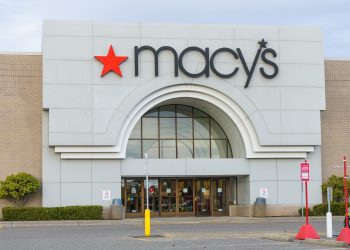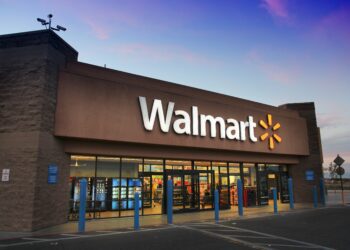How badly will the company suffer amid the boycott over alleged hate speech?
These are tough times for Facebook. Billions of dollars of its market value has disappeared, and its iconic CEO has dropped down a place on the list of the world’s wealthiest people. Yet despite these losses, few believe the social networking platform will suffer significant damage from the growing ad boycott over its reluctant to prohibit hate speech.
In fact, some experts claim that it is precisely the companies boycotting Facebook that could be hurt if they limit their exposure to users of the platform. The July boycott is a result of the StopHateForProfit campaign led by civil rights and advocacy groups including the Anti-Defamation League and the National Association for the Advancement of Colored People. The groups claim Facebook has not taken sufficient action to keep racist, false, and dangerous content off its platform and allowed users to call for violent reprisals against protesters fighting for racial justice in the wake of the high-profile death of George Floyd and other Black Americans. A number of small- and medium-sized businesses and major corporations—the likes of Verizon, Starbucks, Best Buy, and Coca-Cola—have said they will pull ads from Facebook during July. Much, of course, depends on the size of the firms involved in the boycott. If small and medium businesses cut their ads altogether, even for a short period, they could suffer massive revenue losses, some analysts say.
CEO Mark Zuckerberg has said the company will change its policies. For example, Facebook will ban ads that claim people from a specific race, ethnicity, nationality, caste, gender, sexual orientation, or immigration origin are a threat to the physical safety or health of other individuals.
The economics
The decision is primarily an economic one. Facebook’s stock tumbled by more than 8% on Friday, erasing $56 billion from its market value. Zuckerberg is estimated to have lost more than $7 billion of his personal net worth, and was also knocked down from third place to fourth on the Bloomberg Billionaires Index.
Roughly eight million companies of all sizes advertise on Facebook. It is worth noting, however, that the companies participating in the boycott represent a small fraction of the social media giant’s advertisers and revenue. For example, the top 100 advertisers on the platform represent around only 6% of their total ad revenue. The reason so much revenue comes to Facebook through smaller advertisers is that those advertisers see a swift return on investment in the form of sales. The majority of these advertisers will not be boycotting the platform.
Furthermore, some of the bigger players, including Walmart, Disney and Procter & Gamble, have yet to announce their participation in the boycott. Facebook has faced no end of negative publicity for a variety of reasons over the past few years, including privacy and data handling scandals, yet somehow always weathered the storm. In fact, over the past five to six years, despite all the controversies, Facebook has been on a steady upward trajectory—not just in its stock price but in its total revenue.
According to Statista, a statistics portal for market data, there were 2.6 billion monthly active users on Facebook as of the first quarter of 2020, making it the biggest social network worldwide. Ultimately, advertisers have to be where the consumers are, and while Facebook has a significant impact on sales for some companies, others can afford the luxury of the boycott.












